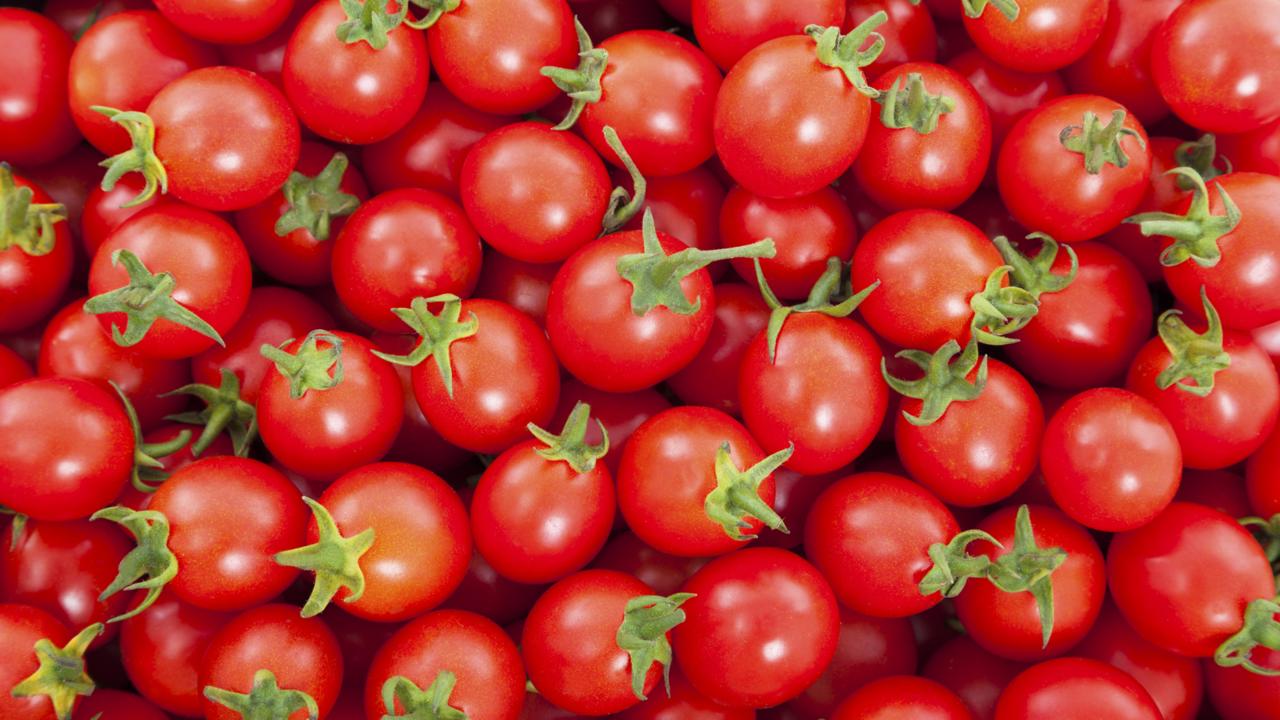Over the past few days, a number of Nigerian social media accounts have been posting photographs of La Tomatina in Bunol, Spain. For the uninitiated, La Tomatina is a festival that takes place in August and involves 20,000 participants from all over the world engaging in an enormous tomato fight. Some estimates say that more than 100 tons of tomatoes are thrown during the event.
La Tomatina is supposed to be fun. But to Nigerians, it evidently looks more like something else — an enormous waste of tomatoes.



This message online may be tongue-in-cheek, but the problem is a real one. In the past few months, the price of tomatoes has surged in Nigeria: from $1.20 a box to more than $40, according to the BBC ($1.20 translates to about 240 Nigerian naira). One state in northern Nigeria, Kaduna, has been forced to declare a state of emergency in the tomato sector.
Government officials say the culprit is Tuta absoluta, a type of moth that can ravage tomato crops (it is also known as tomato leafminer). At a news conference on Monday, Agriculture Commissioner Maigari Daniel Manzo said the pest had affected 80 percent of tomato crops in Kaduna.
The shortage is a considerable problem in Nigeria. Tomatoes are an important part of the country’s cuisine, often forming the base of a stew or being included in other dishes, such as the famous Jollof rice. There have been long-standing concerns that the country cannot meet its own demand. While Nigeria’s tomato industry, largely based in the north, is among the biggest in sub-Saharan Africa, the country imports huge amounts of tomatoes and tomato paste, often from China. Domestic growers, hampered by poor storage facilities, find about half of their produce going to waste.
The government has been seeking inventive plans to get around the shortage. In January, Africa’s richest man announced a plan to help wean Nigeria off its reliance on foreign tomatoes — a plan that Agence France-Presse reports was supported by favorable government loans. Aliko Dangote had hoped that the Dangote Tomato Processing Factory could eventually provide more than half of the 900,000 tons demanded by Nigerian consumers.

